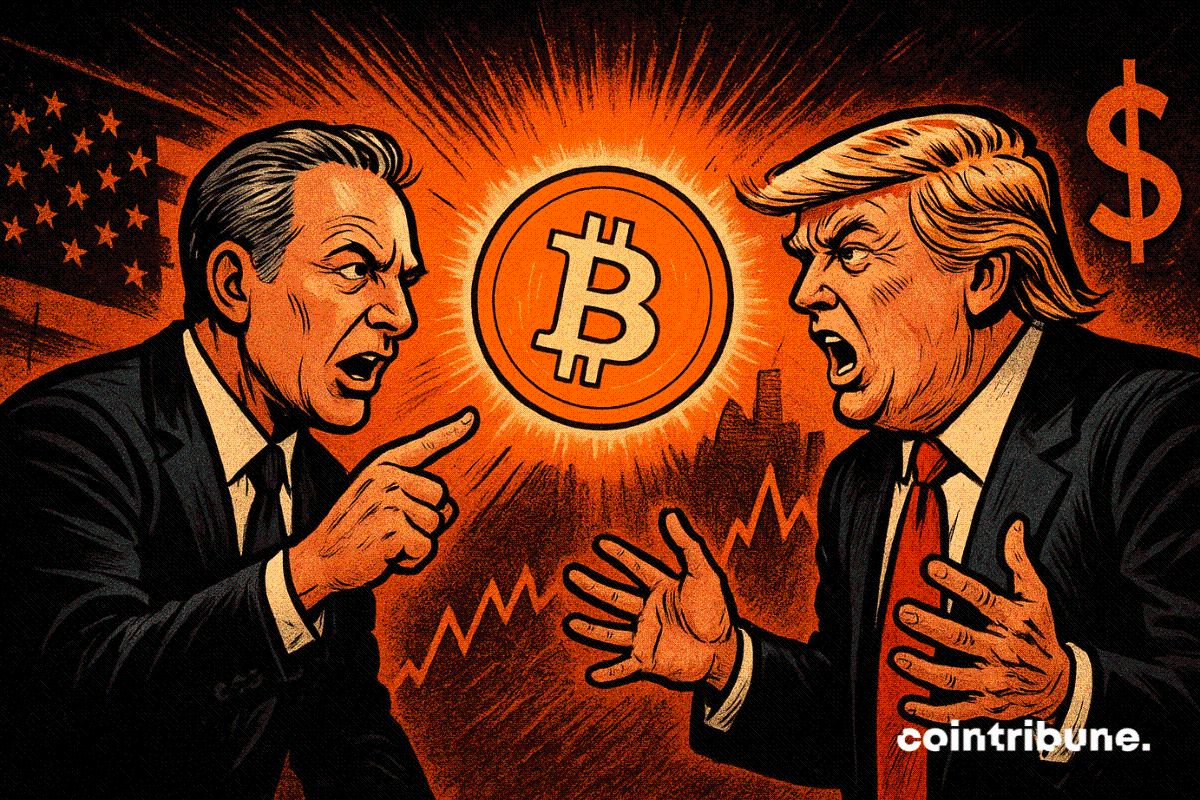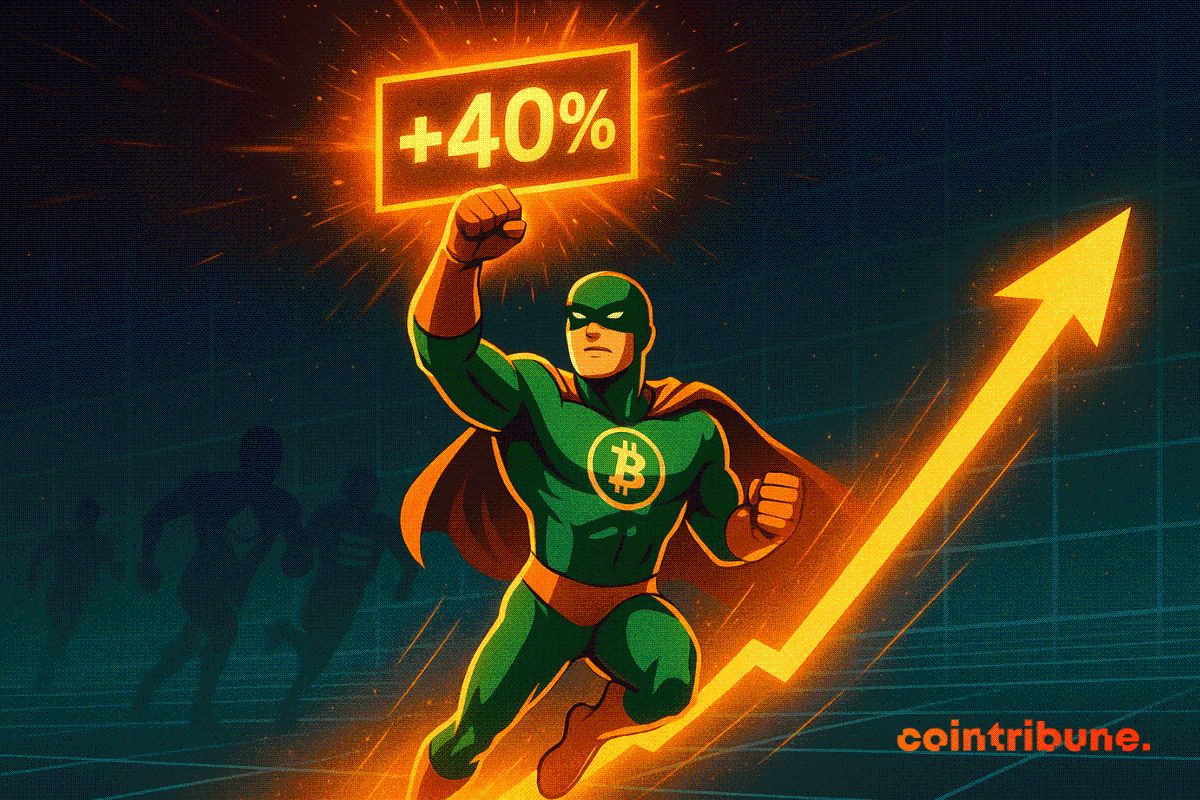South Korea’s Crypto Regulation in Limbo After Government Scraps Financial Reform
South Korean President Lee Jae-myung's campaign pledge to reform financial authorities has been abandoned. This reversal leaves the future of crypto regulation uncertain and sidelines the debate on a won-backed stablecoin.
South Korean President Lee Jae-myung’s campaign promise to reform the nation’s financial authorities has been abandoned. This decision leaves the future of crypto regulation uncertain, as it was expected to be a key part of the reform.
The government, the ruling party, and the presidential office have decided to reconsider the planned reform of the financial authorities from scratch.
‘Mofia’ Reform Postponed Indefinitely
As a result, the current structure of the Financial Services Commission (FSC) and the Financial Supervisory Service (FSS) is expected to be maintained. Han Jung-ae, the ruling Democratic Party’s chief policymaker, made the announcement to reporters at the National Assembly on Thursday.
The reform was originally prompted by criticism that the Ministry of Economy and Finance and the financial authorities were too large and powerful. In Korean politics, officials from the Ministry of Economy and Finance are also highly influential.
Hence, they are often referred to as the “Mofia.” This is a portmanteau of the Ministry’s name and the word “mafia.”
President Lee Jae-myung’s campaign pledge to reform the “Mofia” garnered widespread public support. The plan involved various ways to reduce the size of the Ministry of Economy and Finance and the financial authorities.
The government and the ruling party had initially agreed to dismantle the FSC and separate its policy and supervisory functions. The FSC’s financial policy functions were to be transferred to the Ministry of Economy and Finance. Meanwhile, financial supervision would be handled by a new agency dedicated to consumer protection.
A separate Budget and Planning Office was considered to be placed under the Prime Minister’s office within the Ministry of Economy and Finance. However, all these plans have now been scrapped.
A Major U-Turn on Crypto Regulation
The sudden reversal has left the South Korean crypto industry feeling bewildered. The industry had been closely watching to see which agency would take on the role of regulating crypto. This was a key question following the restructuring.
There is now concern that the discussion on legalizing a Korean Won-backed stablecoin will be sidelined. Many domestic banks, credit card companies, and fintech firms are already preparing to introduce their own stablecoins.
More than 10 banks, including the five largest commercial banks, have formed a council to collaborate on a joint stablecoin. They are considering issuing it through a joint venture.
Disclaimer: The content of this article solely reflects the author's opinion and does not represent the platform in any capacity. This article is not intended to serve as a reference for making investment decisions.
You may also like
Witness the Dynamic Shifts in Bitcoin and Altcoin ETFs
In Brief Bitcoin and altcoin ETFs witness dynamic shifts in inflows and outflows. XRP and Solana ETFs attract notable investor attention and activity. Institutions explore diversified crypto ETFs for strategic risk management.

Peter Schiff Clashes With President Trump as Economic and Crypto Debates Intensify

Bitcoin Cash Jumps 40% and Establishes Itself as the Best-Performing L1 Blockchain of the Year

Bitcoin Price Plummets: Key Reasons Behind the Sudden Drop Below $88,000
